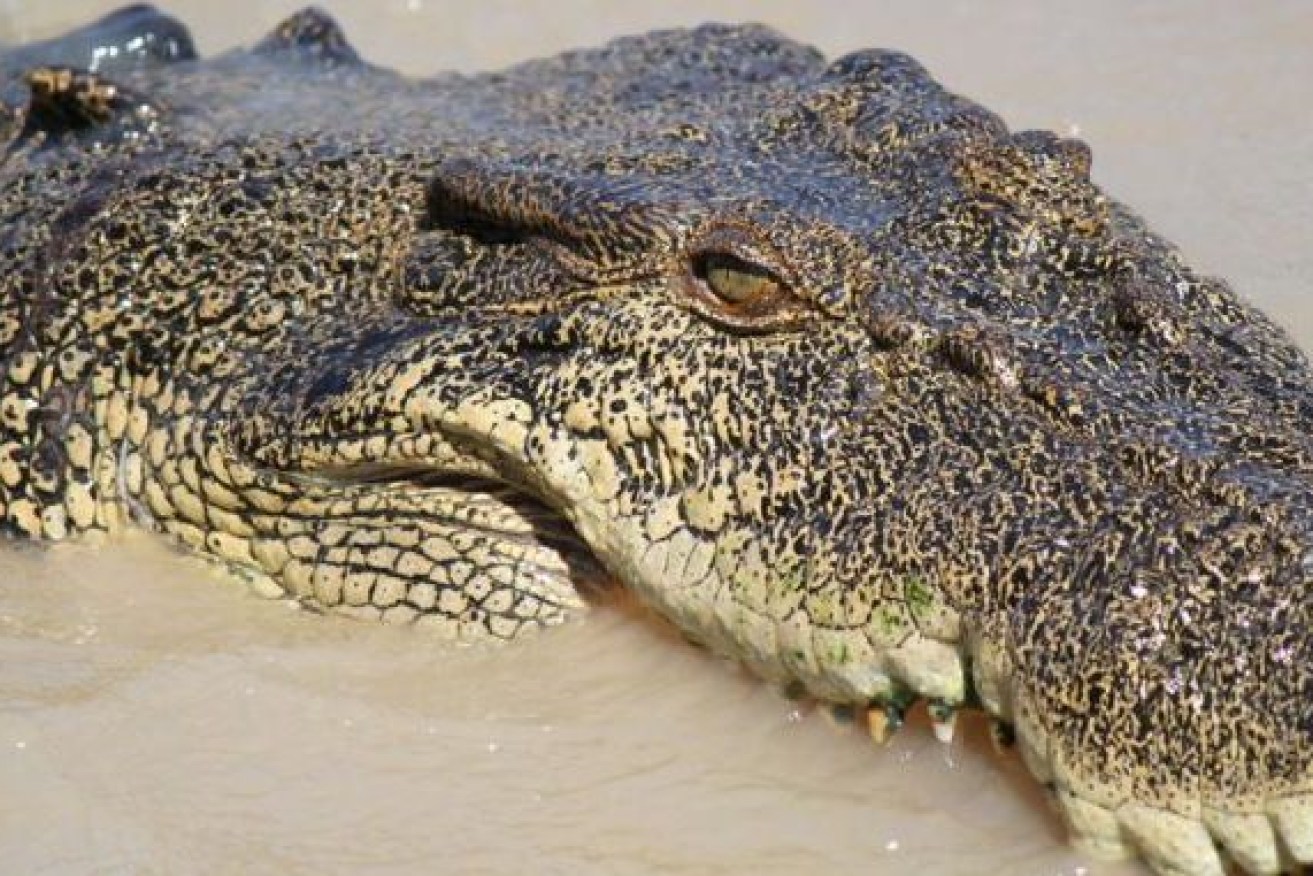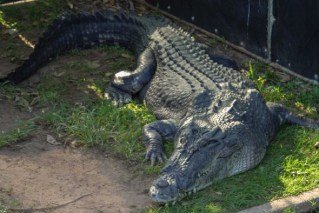Queensland’s big crocs to become fair game under proposed new hunting rules
Crocodile hunting will be allowed in a move toward big game tourism in Queensland.

The remains of a missing fisherman are believed to have been found inside a large crocodile.. Photo: ABC
Killing crocodiles found in popular waterways is also among “aggressive measures” in a bill to establish a new management body.
Katter’s Australian Party MP Shane Knuth tabled the legislation in state parliament on Wednesday to “address the escalating human-crocodile conflict” in north Queensland.
He said there had been frustration from residents up north about losing access to popular waterways due to growing crocodile numbers.
The majority of the state’s crocodiles are located in the far north, with the most southern population found in the Fitzroy River in central Queensland.
The bill is set to create a Queensland crocodile authority based in Cairns, with an advisory committee to provide recommendations.
It also has provisions for Indigenous landholders to host crocodile hunting with big cash returns, something already under consideration in the Northern Territory.
“You have the potential to bring the high-paying clients to live-harvest saltwater crocodiles around our community areas. The opportunity there will be very rewarding,” Mr Knuth said.
“This bill provides real opportunities for local Aboriginal and Torres Strait Islander communities by providing jobs and economic development from the fast growing crocodile industry, which is estimated to be worth more than $100 million a year in the Northern Territory.”
Mr Knuth said the bill’s key feature was empowering Indigenous landholders including options for relocating, maintaining or killing crocs and also engaging in the lucrative practice of egg harvesting.
Private landholders, who have waterways through their property, will be able to contact the authority for immediate removal of crocodiles on their property.
The bill will also adopt a “zero tolerance” approach to crocs in populated waterways, with the reptiles either removed or killed.
“Any crocodile in any waterway used by humans is a direct danger to human life and should be removed immediately,” Mr Knuth said.
The state government has ruled out culling crocs amid a revised management plan launched by Environment Minister Leanne Linard this month.
Crocodiles were hunted to the brink of extinction in Queensland until they were protected in 1974.
However Mr Knuth said an unchecked rise in crocodile numbers had disrupted the lives of far north locals and business.
“I am saddened that our tourism industry is trying to promote our beautiful beaches and waterways but when tourists arrive all they see are croc signs and beach closures, which basically warns that if you swim, you are potentially going to be ripped to pieces,” he said.












